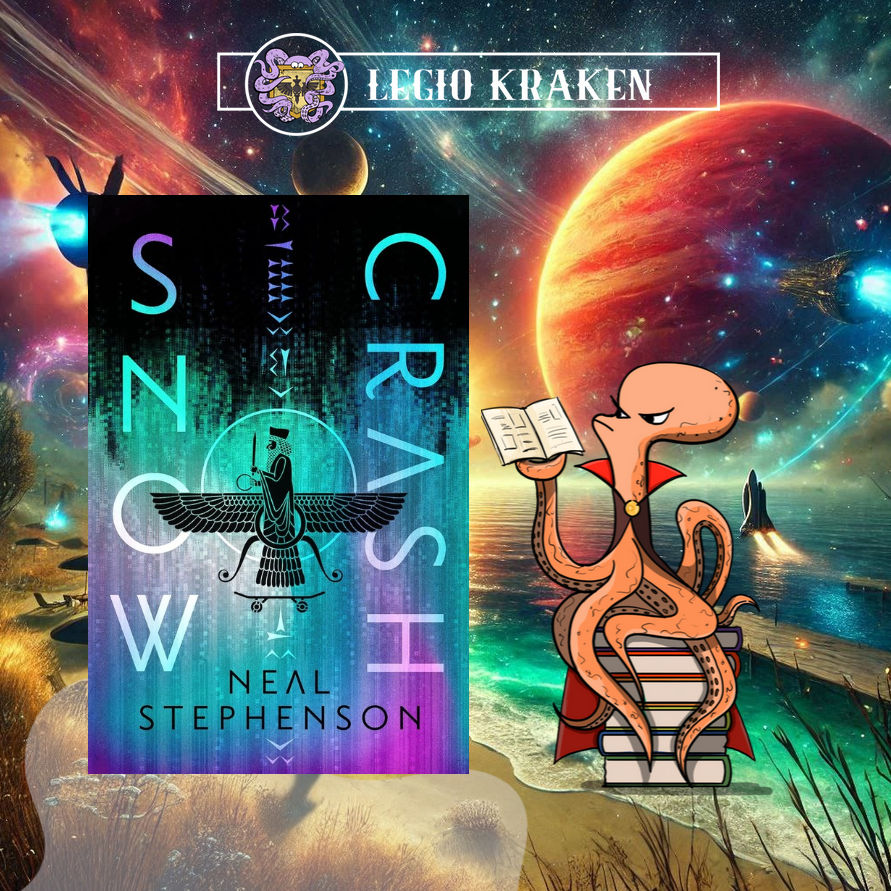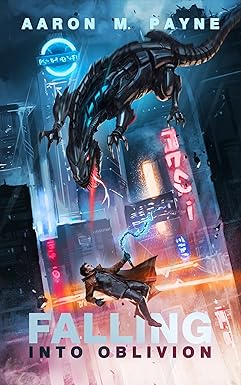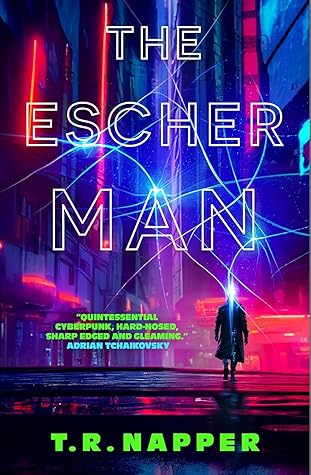Soooo, I read “Snow Crash”. It supposed to be an easy read after finishing “The Shadow of the Torturer”, but I underappreciated Neal Stephenson. Seriously underappreciated.
Neal Stephenson’s “Snow Crash” is often hailed as a seminal work in the cyberpunk genre, a gleaming cybernetic implant in the collective consciousness of sci-fi enthusiasts. But let’s strip away the hype and take a closer look at this 1992 novel, which is as much a fever dream of late-capitalist dystopia as it is a cautionary tale about the perils of ordering pizza in a post-apocalyptic world.
First, let’s talk about the prose. Stephenson has a knack for describing the mundane with the fervor of a prophet on his fifth espresso. The opening pages, a tour-de-force of pizza delivery gone mad, are a masterclass in making the banal seem extraordinary. It’s like watching a high-stakes action movie where the hero’s superpower is navigating traffic.
The world of “Snow Crash” is a grimy, corporate-dominated future where nation-states have been replaced by franchises, and everyone seems to be on a perpetual power trip—literally and metaphorically. It’s a bleak vision, but Stephenson delivers it with such panache that you can’t help but be drawn in. The cyberpunk aesthetic is turned up to eleven, with hackers, virtual reality, and enough neon to make a rave look like a candlelit dinner.
But where “Snow Crash” truly shines—or perhaps blinds—is in its ideas. Stephenson weaves a tapestry of ancient Sumerian mythology, linguistics, and computer science that is as audacious as it is bewildering. It’s like watching a high-wire act performed by a philosopher juggling flaming chainsaws while reciting Shakespeare. You’re not sure how it all fits together, but you can’t look away.
The influence of “Snow Crash” on the cyberpunk genre is undeniable. It’s a book that dares to ask, “What if the internet was a physical place, and also, what if ancient languages could reprogram your brain?” It’s a heady mix of high-concept ideas and low-brow humor, a rollercoaster ride through a future that feels both eerily prescient and delightfully absurd.
Yet, for all its brilliance, “Snow Crash” can also be a bit of a slog. The plot meanders like a drunken tourist in a virtual reality theme park, and the characters often feel like they’re along for the ride rather than driving the story. But perhaps that’s the point. In a world as chaotic and unpredictable as the one Stephenson envisions, maybe the best we can do is hold on tight and enjoy the ride.
In the end, “Snow Crash” is a book that defies easy categorization. It’s a cyberpunk epic, a linguistic puzzle, a satire of late-stage capitalism, and a love letter to the power of pizza delivery. It’s a book that will make you think, make you laugh, and make you wonder if you should brush up on your ancient Sumerian. Just in case.


